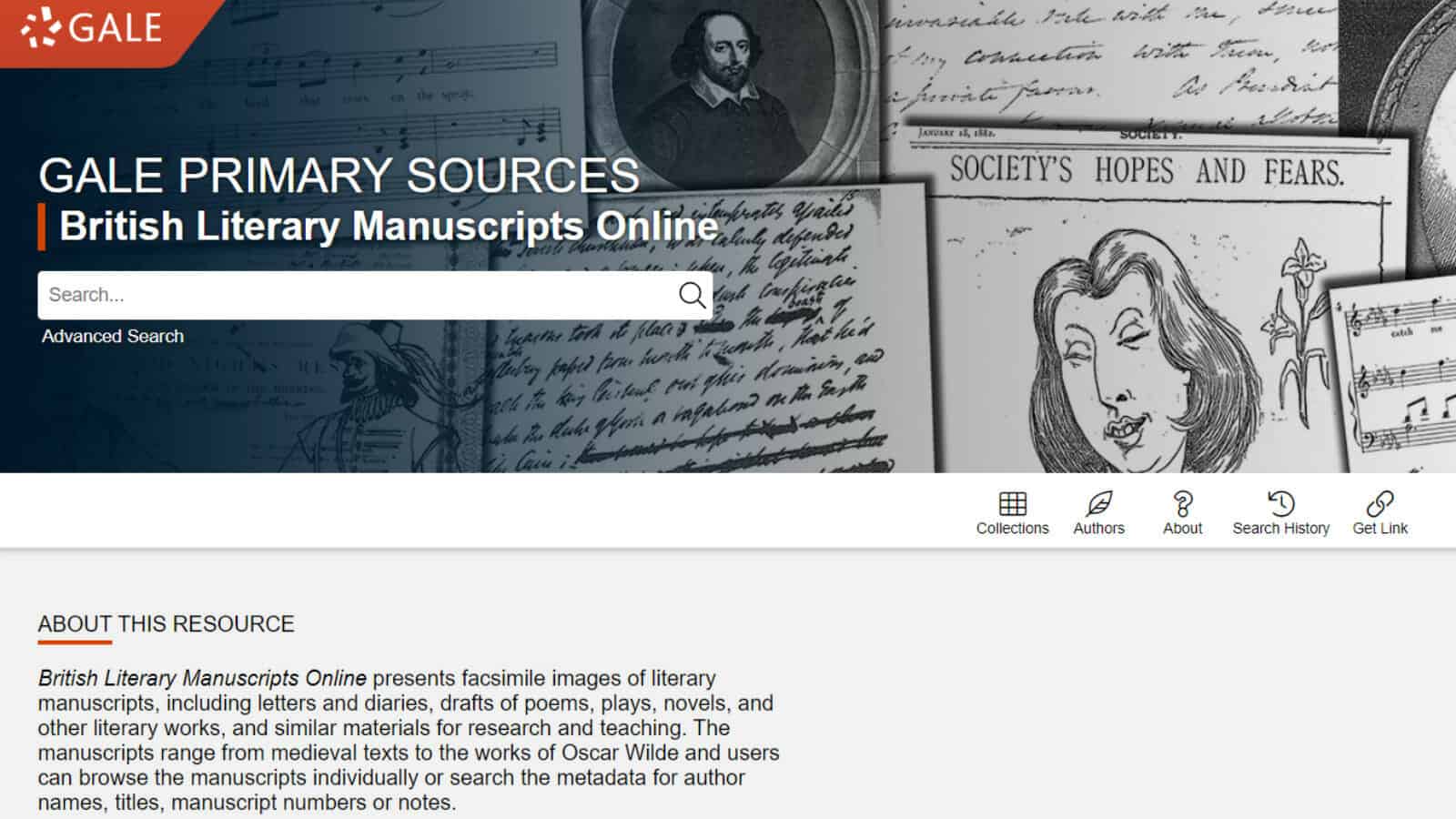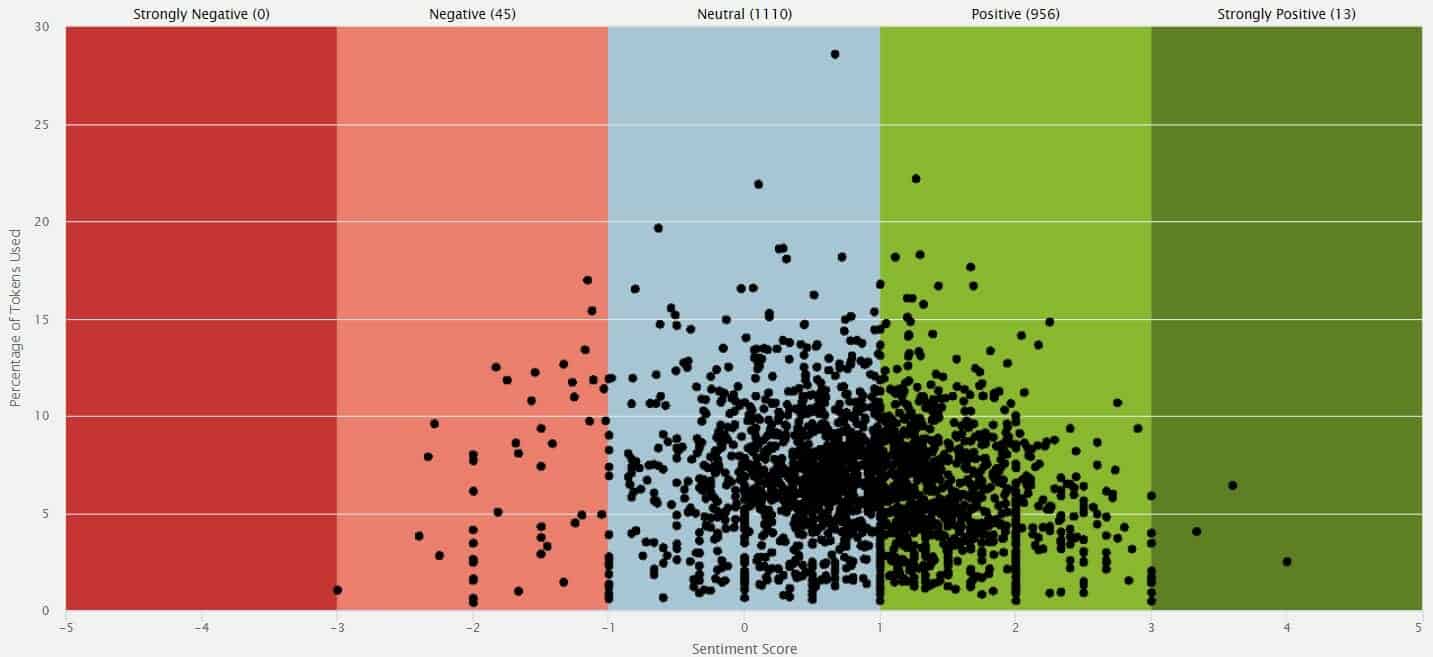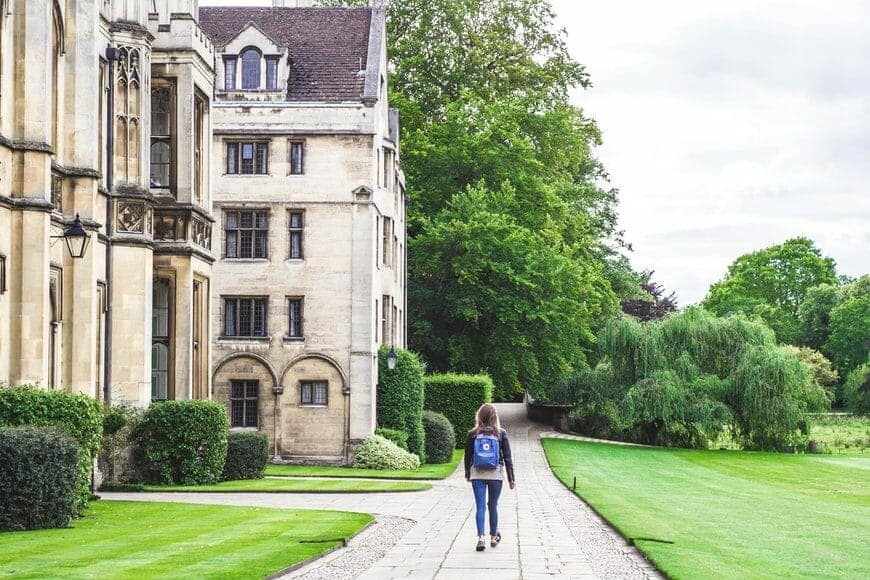│By Jessica Crawley, Gale Ambassador at the University of Lancaster│
So, you’re a humanities undergraduate writing a dissertation, are you? If you’re anything like me, then you’re already finding this process as overwhelming as it is exciting. You have likely never taken on a research project this vast before, and that’s okay! You’re already on the right track by clicking this blog, and by the end of your dissertation process you’ll be a pro. Most of these skills are transferrable to essays too so, even if you aren’t writing a dissertation, this blog will still be of use to you.
This is the blog that I WISH someone had written when I first started researching for my dissertation: I was clueless, directionless, and – honestly – a little bit scared to start. If you’re having any of these feelings too, then after this blog they will hopefully start to melt away. I’ll be mainly referencing Gale’s Digital Resources, but if you don’t have access to any of these then speak to your library about any similar resources they may have to offer.









